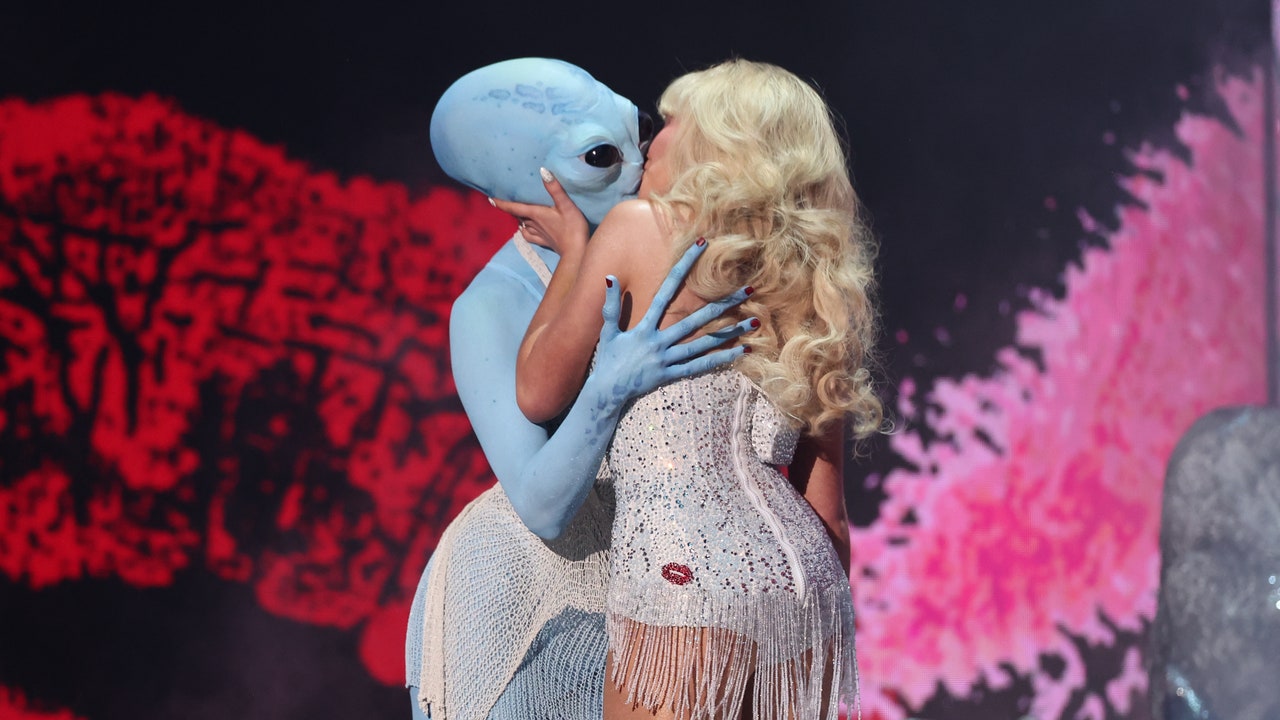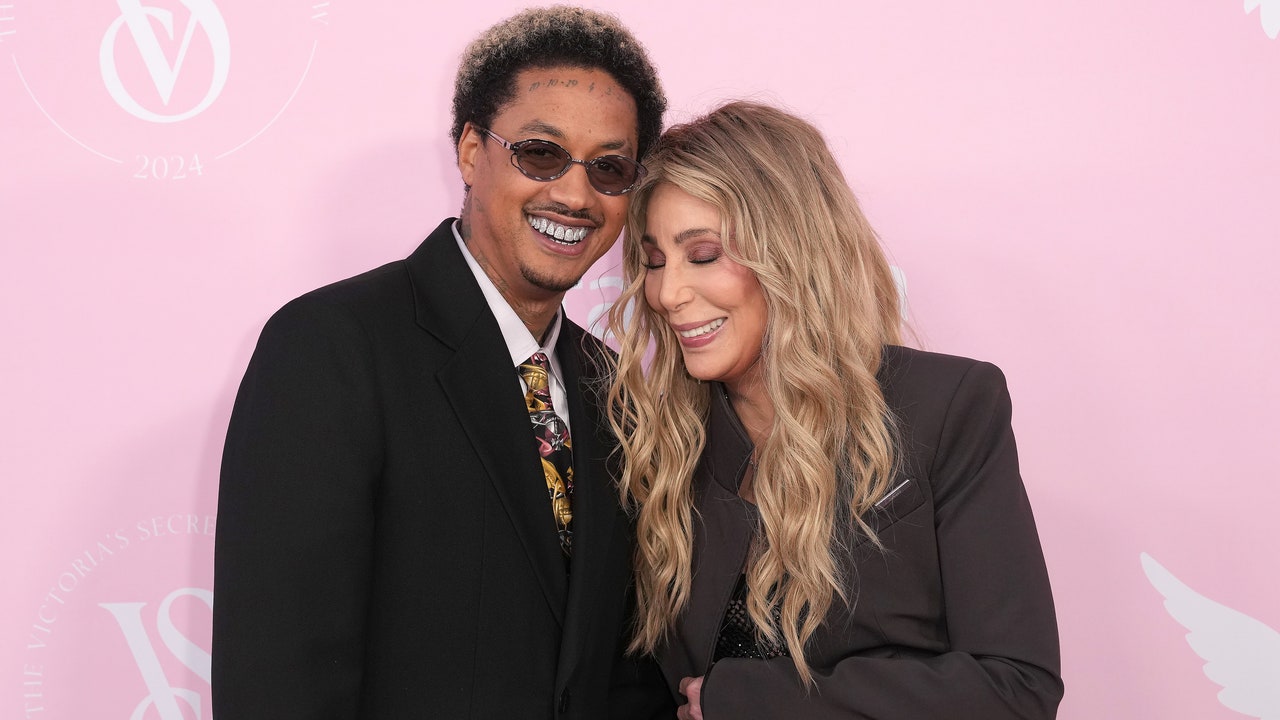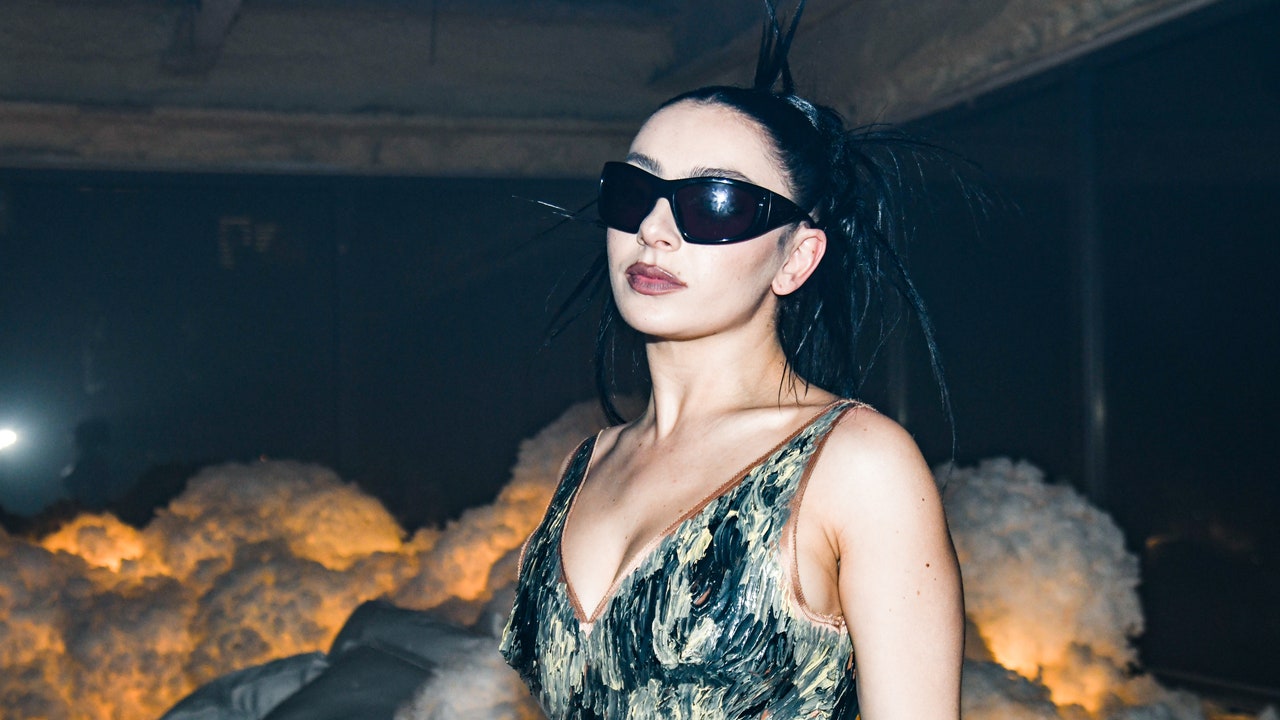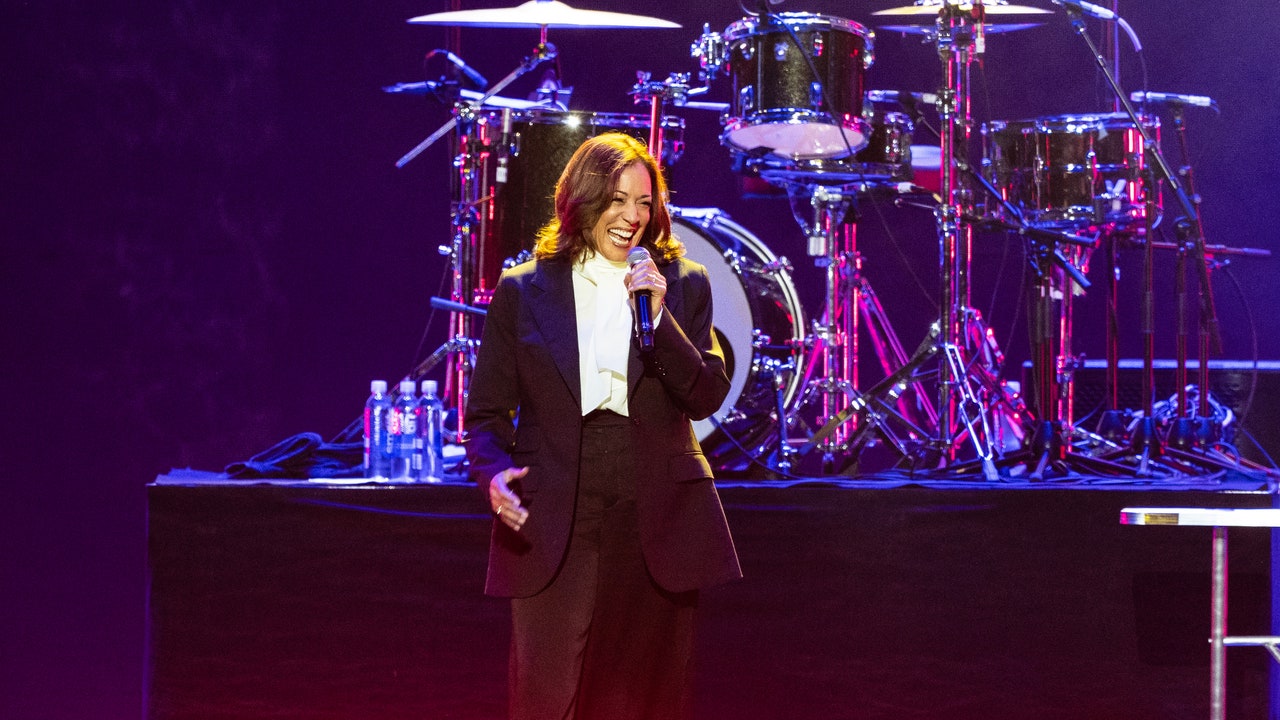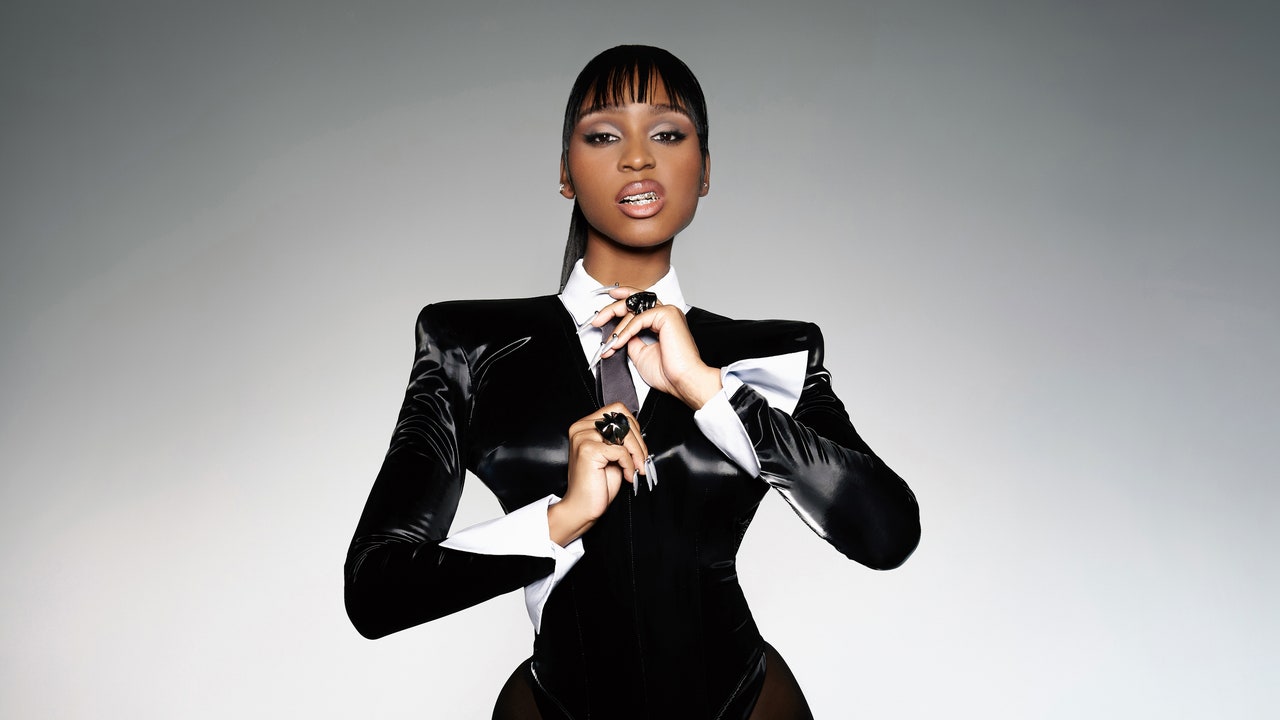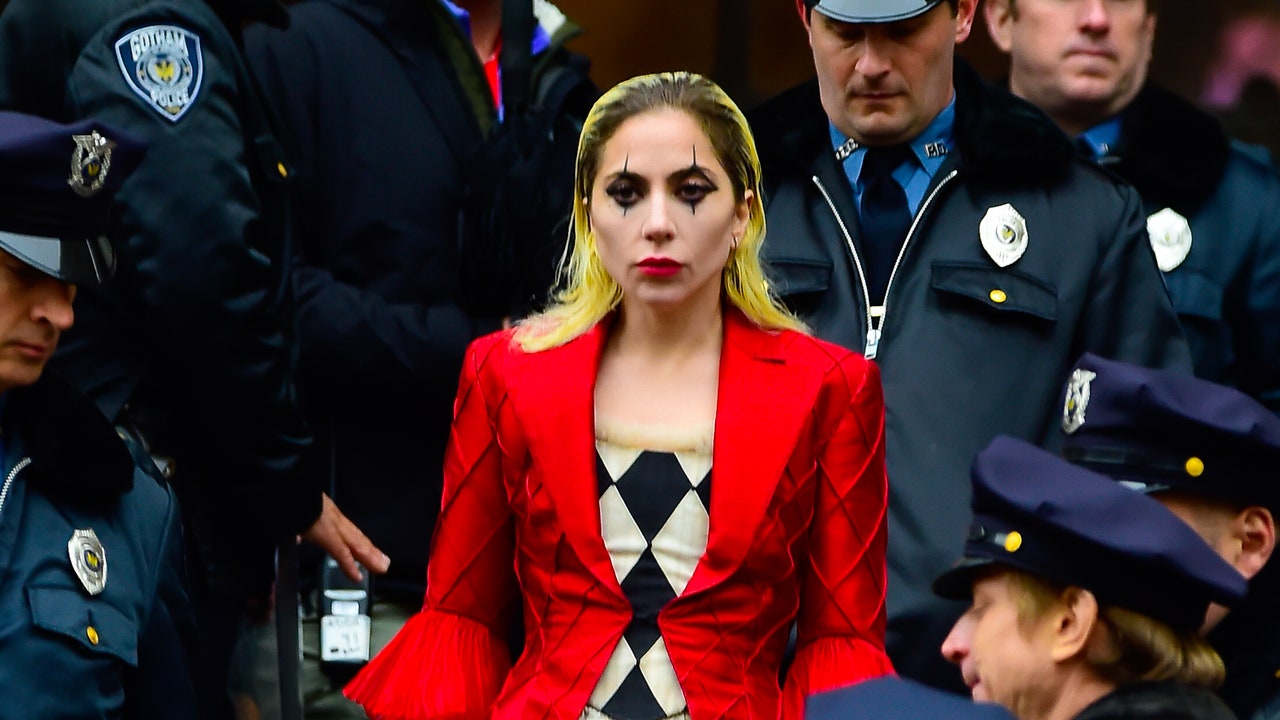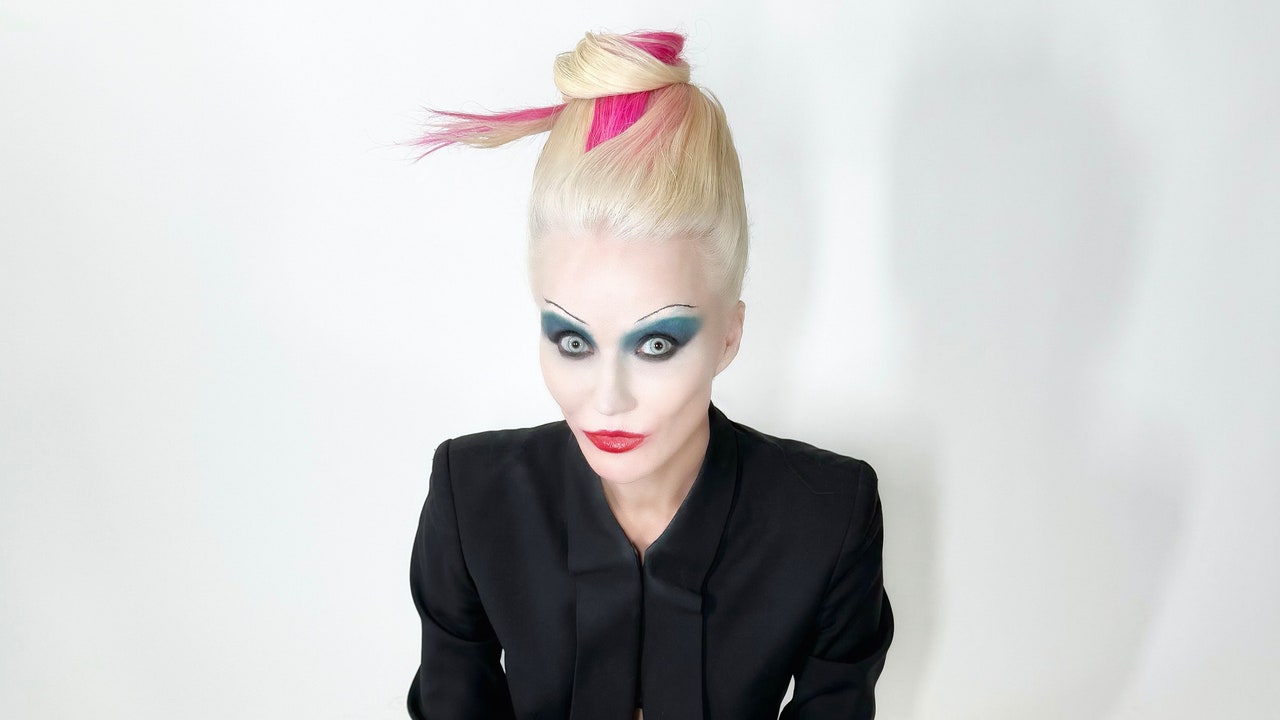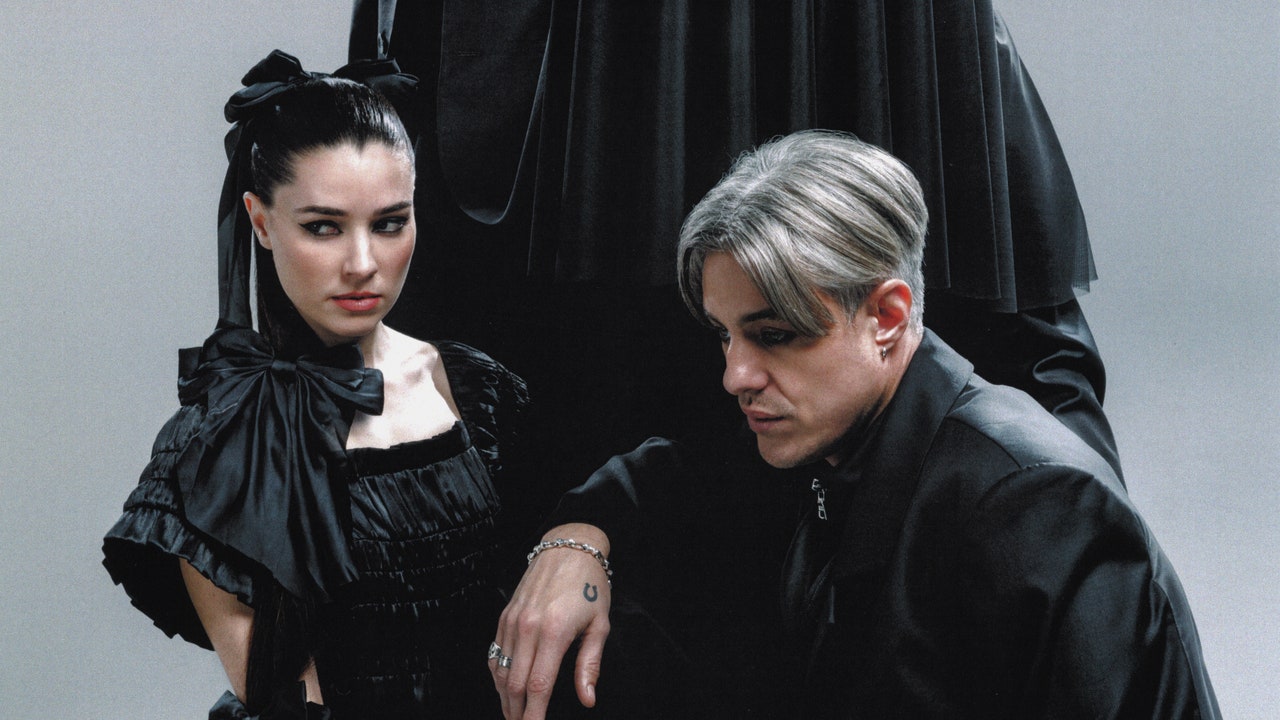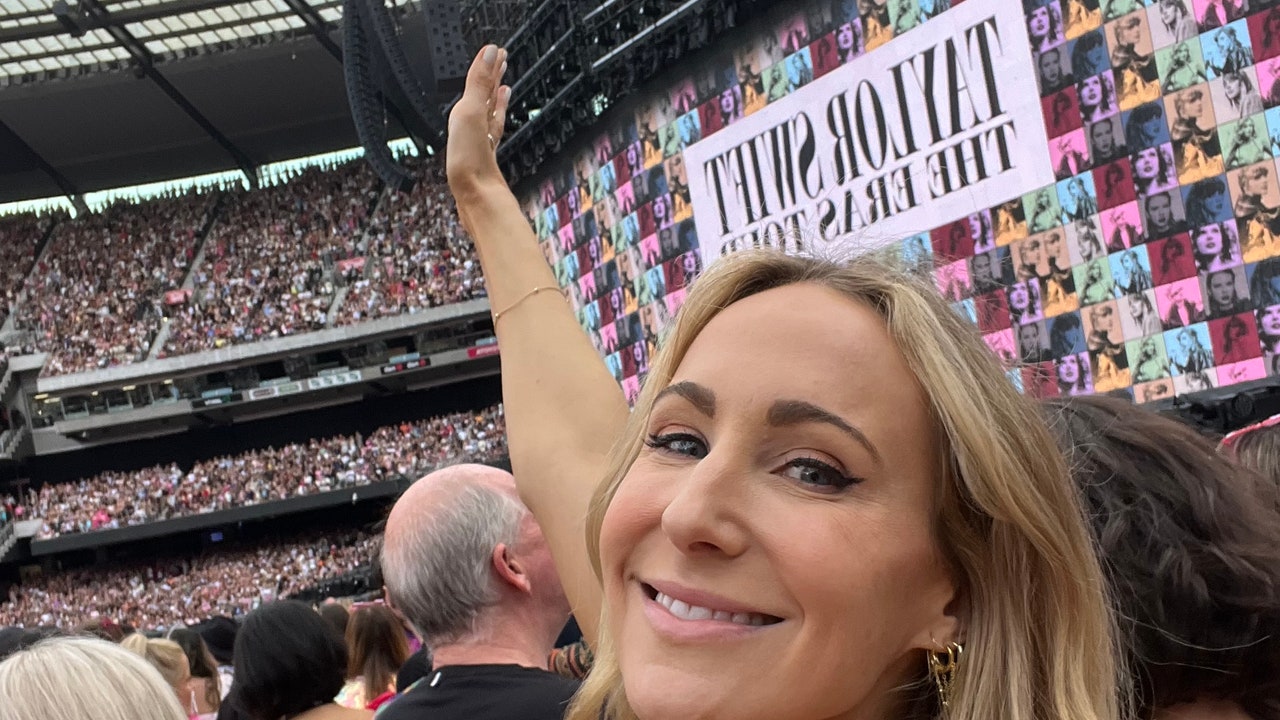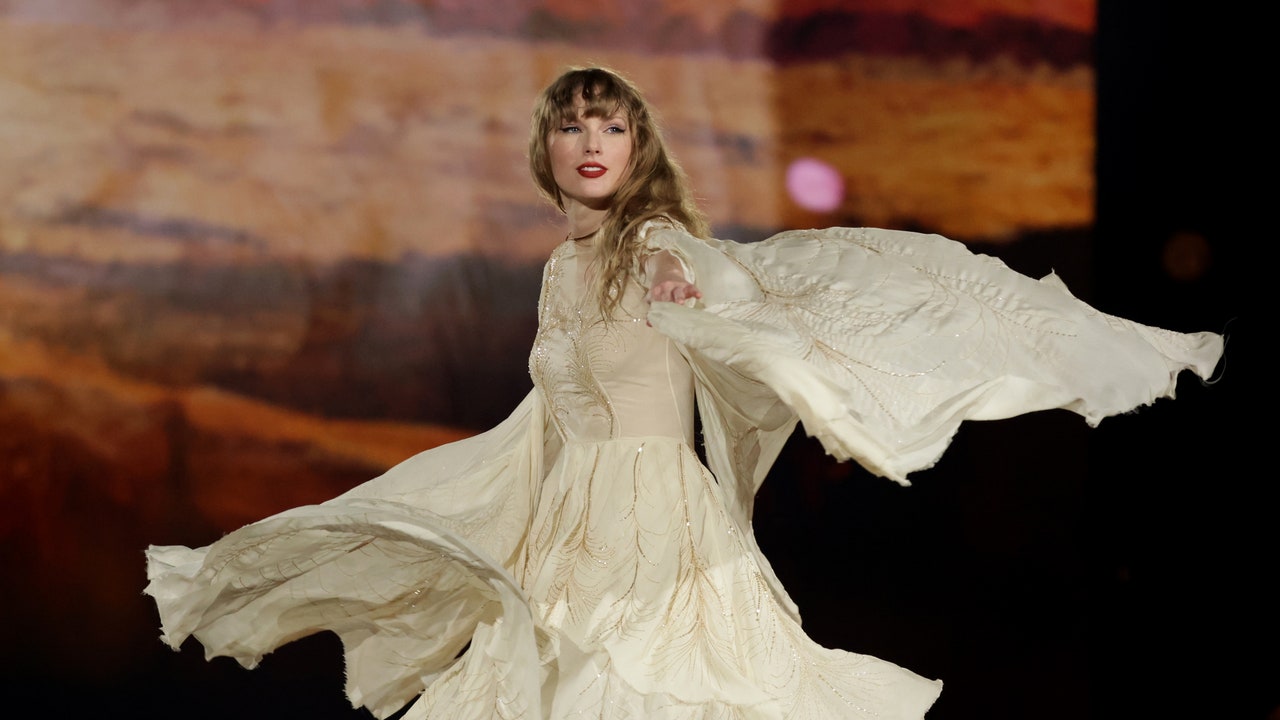Be it in her melodies, visual creations, or unique attire, Daphne Guinness has perpetually resisted categorization—thus, it’s only fitting that her fourth musical project would as well. With Sleep, which intertwines disco orchestration, ’80s-inspired electronics, and somberly poetic songwriting (an unmistakable Guinness hallmark), she granted herself the liberty to create an album devoid of any particular direction—or even preconceptions, for that matter. “It’s a fusion of everything,” Guinness shares with Vogue. “There’s an element of classical, electronic, dance. I suppose it reflects one’s taste in sound.”
Those familiar with Guinness initially through her fantastical fashion sense (featuring invaluable Alexander McQueen garments) may be taken aback to discover how long she’s been involved with creating music; her first album, Optimist in Black, was introduced in 2016. “I was perpetually a musician—I simply wasn’t composing,” Guinness remarks. “I was constantly learning or singing discreetly in my space. It preserved my sanity—thank the stars for music.” However, with Sleep, she feels she has at last discovered her musical identity: “The auditory journey is likely superior to any of the other [albums].”
And indeed she’s correct: The richly woven universe of Sleep encompasses tracks and visuals that explore affection, grief, and the significance of time—but in an engaging rhythm. In “Hip Neck Spine,” directed by her longtime associate Nick Knight, Guinness dances while singing about igniting the world; and in “Volcano,” directed by David LaChapelle, she reenacts the 1978 suspenseful film Eyes of Laura Mars while asserting: “I might appear as an iceberg, but beneath, I’m fervently active like a volcano.” As a collective opus, it’s unquestionably her supreme work thus far.
Beneath, Vogue converses with Guinness regarding the album’s inspiration, the recording at Abbey Road Studios, and the realization of her fashion-forward visuals.
Vogue: Can you share the genesis tale for this album? When did the thought of its creation materialize?
Daphne Guinness: It was a significant time ago—starting in September 2021. I had just completed a show, then returned to the recording studio, which organically became what it is now. [Musician] Malcolm [Doherty] and I possessed several tracks and concepts; we didn’t entirely foresee the outcome. The album gradually took shape in the studio. We invested approximately two weeks, then allowed it to rest, returning intermittently for additional sessions. Much of it was pre-written, while other parts were mere melodies in my mind. You can’t predict the lyrics until urgency arises, or they reveal themselves. “Laika,” for instance, was unexpected. It contained these Eastern harmonies, and I embarked on a lengthy swim to decipher it. I thought, This must be a Russian romance ballad. This realization occurred a fortnight before Russia’s incursion into Ukraine. Then I thought, Oh, dear! I didn’t desire a political association. Nevertheless, it’s a robust piece, and its merit endures.
